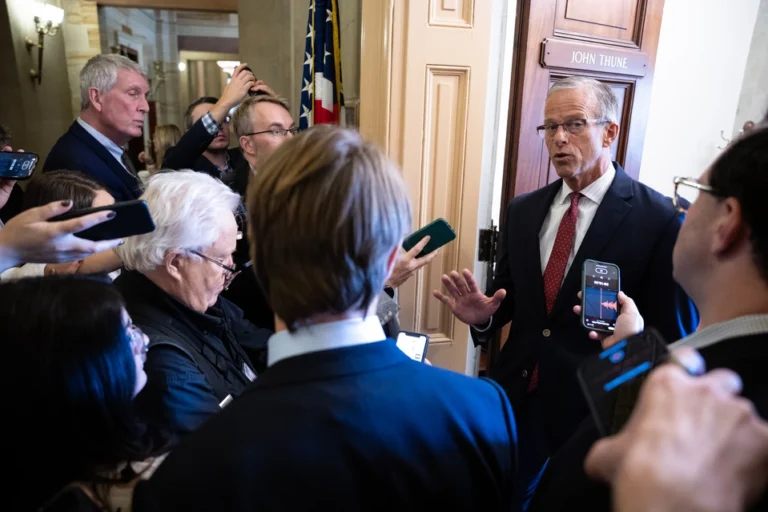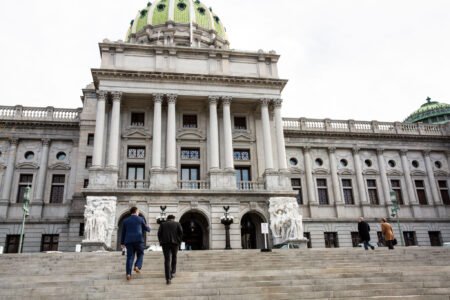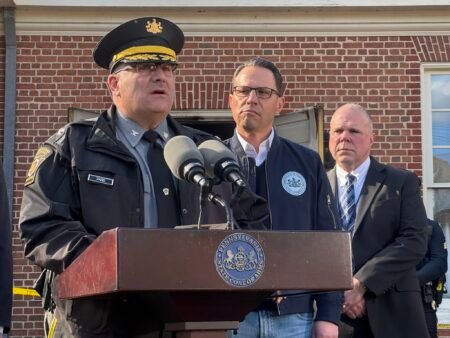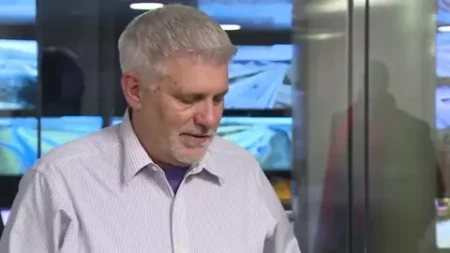House Republicans are discussing a longer stopgap funding bill as the U.S. government shutdown enters its fourth week. The original measure, passed last month, was designed to last seven weeks, expiring on November 21. With no bipartisan deal in sight, GOP leaders are exploring options to extend the funding window.
Some Republicans suggest dates ranging from mid-December to early 2026. Party leaders are also considering offering Democrats a separate vote on extending key health insurance subsidies to gain their support. Changing the end date would require the House to return early from its month-long recess to approve the measure.
The timing debate has exposed divisions within the GOP. Appropriators want a shorter stopgap to allow for bipartisan spending bills, while conservative hard-liners favor a longer extension, potentially until March or the start of the next fiscal year.
Senate Majority Leader John Thune said lawmakers may need “something much longer term” if the stalemate continues. “I’m for doing the appropriations process, but at some point they may not leave any alternatives,” Thune said.
Senate Appropriations Chair Susan Collins voiced caution. “We’re probably going to have to extend the CR date because the Democrats have held us up for weeks now,” she said. “Having said that, I don’t want to go into next year and I am adamantly opposed to having a long-term CR.”
Bipartisan negotiations have largely stalled. Senator Markwayne Mullin described talks as at an “impasse,” with no significant progress reported. Democrats are likely to resist a longer extension without clear guarantees that Affordable Care Act subsidies, set to expire at the end of the year, will be preserved.
Some Senate Republicans are considering giving Democrats an immediate vote on the subsidies once the government reopens. However, Democrats want assurances that any extension can pass the House and be signed into law by President Donald Trump.
Private discussions among Senate Republicans about extending the stopgap surfaced publicly last week when Mullin suggested a December 18 or 19 expiration. House GOP hard-liners pushed back against that timeline, but growing support within the party now leaves open the possibility of extending the funding window into 2026.
Senator Eric Schmitt, a close Trump ally, tweeted Monday: “The 11/21 extension is no longer tenable & should be extended much further out.”
With the original November 21 deadline approaching, Republicans face mounting pressure to decide whether to extend the stopgap and prevent the government shutdown from continuing indefinitely.







